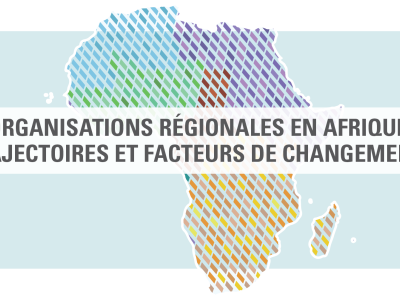
Billions Less for Development? Analysing Drivers and Consequences of Possible ‘Zero Growth’ Scenarios for the 11th European Development Fund 2014 − 2020
In times of austerity in Europe, governments have been forced to impose cuts in public spending at home as a result of the economic crisis, with truly noticeable effects for their populations. In light of this, the question has surfaced as to whether taxpayers’ money should now be spent on contributing to an increase in the EU budget, and/or to increasing - or even maintaining of - levels of ODA (Official Development Assistance) spending.
The UK, together with Germany, France, the Netherlands and Finland, wrote in a letter to President Barosso that “European public spending cannot be exempt from the considerable efforts made by the Member States to bring their public spending under control” (Cameron et al, 2010). This position was reaffirmed in January 2012 when UK, Germany, Austria, the Netherlands, and Sweden (all net contributors to the EU budget) said that the Commission’s Multiannual Financial Framework (EU budget) proposal needs to be cut by €100 billion (Brand, 2012).

